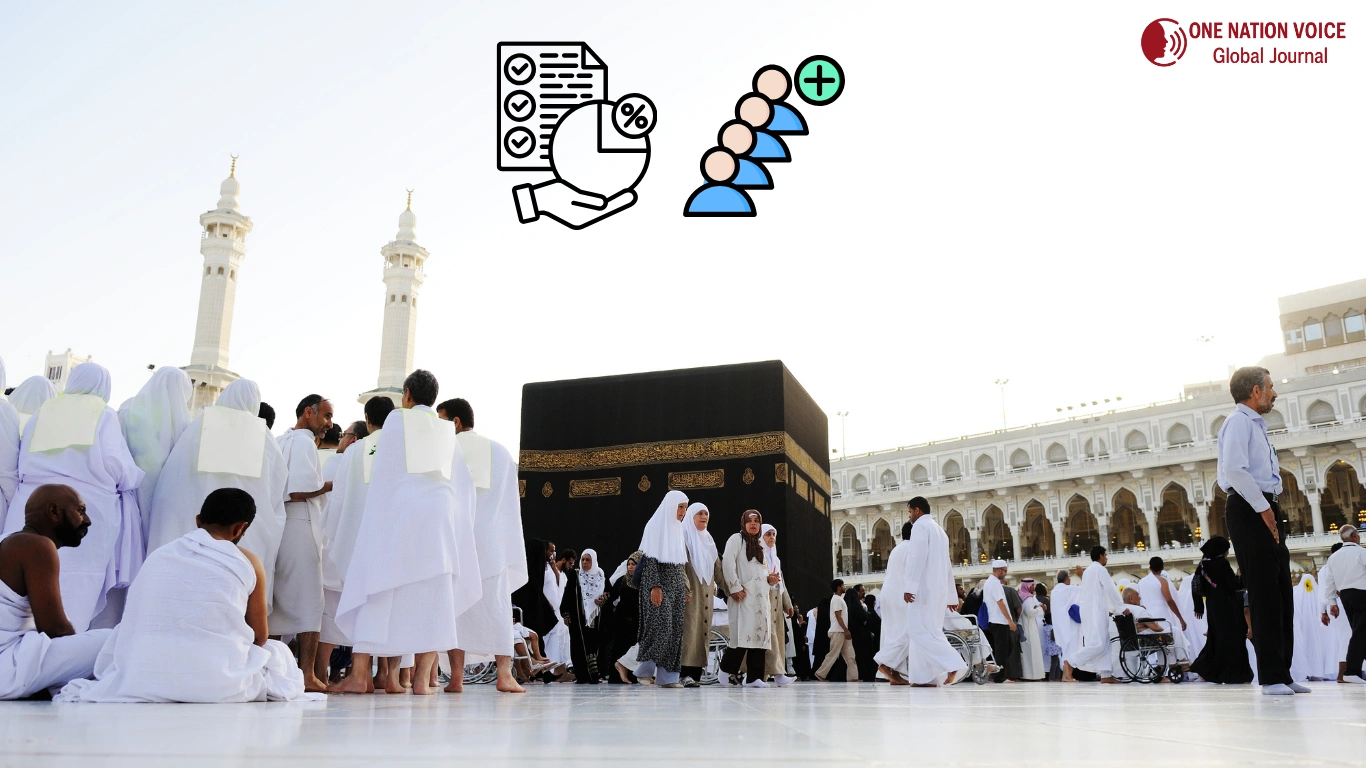Pakistan asks Saudi Arabia to raise Hajj quota

Pakistan has officially asked Saudi Arabia for a bigger Hajj quota this year. The request came from Federal Minister for Religious Affairs Sardar Yousaf, who confirmed that a formal letter has already gone out. The push is pretty straightforward: Pakistan’s population has crossed 230 million, yet the current quota is stuck around 179,000 pilgrims. Even when it’s temporarily bumped closer to 230,000, it doesn’t come close to meeting demand.
Pakistan asks Saudi Arabia to raise Hajj quota
Just look at the numbers from this year. More than 450,000 people applied for Hajj, which means well over half of them never got the chance. That gap explains why the government is pressing the Saudis to let more Pakistanis in.
Of course, Pakistan isn’t the only country asking. Indonesia, India, Nigeria all the large Muslim-majority countries face the same problem. Saudi Arabia uses a formula of roughly one pilgrim per thousand citizens, but in reality, they adjust quotas based on how much the cities of Mecca and Medina can handle. And even with all the expansion projects the new transport systems, bigger mosques, high-rises there’s only so much space and only so many people they can move safely at once.
Also Read:Saudi Arabia’s Investment in Balochistan
For Pakistanis, though, this isn’t just about math. Hajj carries deep emotional and religious weight. Every year, stories of people saving for decades to make the journey are common. When so many miss out because the quota is too low, it turns into a national conversation. And politically, no government wants to be seen as falling short on an issue like this.
From Saudi Arabia’s side, the concerns are obvious. Past incidents of overcrowding and stampedes have made them extremely cautious. They also have to manage health risks in a post-pandemic world. So even when countries make a strong case, the Saudis balance it against logistics and safety.
If Pakistan does get an increase, it will ease pressure on the lottery system and give thousands more people a chance at fulfilling what they see as a lifelong obligation. If the request is denied, frustration will build, and the government will be under pressure to at least make the distribution of slots more transparent and fair.
What’s clear is that the demand won’t slow down. Each year the waiting lists grow longer, and each year the calls for a bigger quota get louder. Whether or not Riyadh agrees, the sheer desire of Pakistanis to make the pilgrimage shows no sign of fading.








